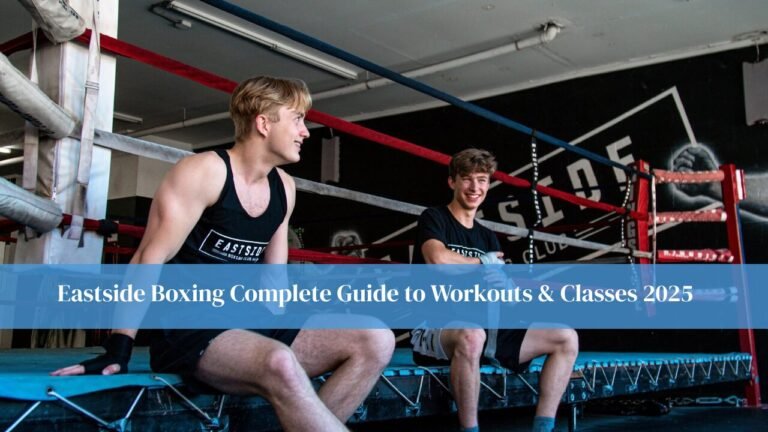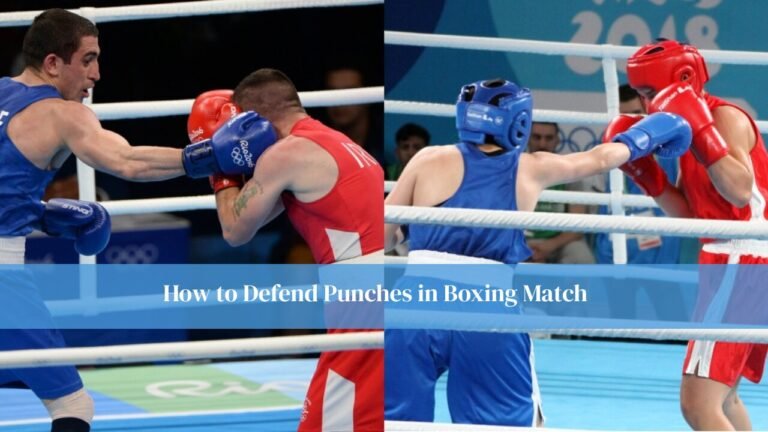Boxing, often dubbed the “Sweet Science,” is a sport filled with adrenaline, strategy, and occasional controversy. While knockouts can end a match with no room for debate, many bouts go the full distance, leaving the outcome in the hands of the judges. A decision in boxing is not simply a referee’s call; it is the culmination of a fighter’s hard work, skill, and strategy. Yet, sometimes, it can spark heated debates across the boxing community. In this article, we explore in depth the question: Can a boxing decision be overturned? We will examine the rules, criteria, and rare scenarios where a reversal might occur, supported by real-world considerations and the sport’s commitment to fairness.
Understanding Boxing Decisions
When a fight does not end in a knockout, the result comes down to the judges’ scorecards. Judges are guided by specific scoring criteria to evaluate each round. These decisions are vital because they define the official outcome of the match and can significantly affect a boxer’s career trajectory, future fight opportunities, and earnings.
Types of Decisions in Boxing
In professional boxing, several types of decisions exist, each reflecting the judges’ scoring consensus. A unanimous decision occurs when all judges agree on the winner. A split decision happens when two judges favor one fighter while the third supports the opponent. A majority decision arises when two judges pick the same winner while the third calls the fight a draw. Each type carries different implications, but all are considered binding unless successfully appealed.
Criteria for Judging a Fight
Judges base their evaluations on factors like effective aggression, which means not just throwing punches but landing significant strikes that influence the fight’s momentum. Defense is also critical avoiding or blocking an opponent’s attacks shows skill and composure. Ring generalship reflects a boxer’s ability to control the tempo, dictate positioning, and execute strategy effectively. Finally, clean punches are judged by their clarity, accuracy, and visible impact.
These criteria help maintain objectivity, but judging remains subjective to some extent, which is why controversial outcomes sometimes occur.
Can a Boxing Decision Be Overturned?
In boxing, the finality of a decision is central to maintaining order and respect for the sport’s results. However, under specific circumstances, a decision can be appealed and potentially reversed. This is a complex and rare process, requiring clear evidence of error, misconduct, or rule violations.
Controversial Judgments
Sometimes, a decision appears to contradict what many viewers, commentators, and analysts saw in the ring. For example, a fighter might dominate visually yet lose on the scorecards, igniting public outrage. While such disagreements can stir heated debate, controversy alone is not enough to overturn a decision. The appeal process demands concrete reasons beyond mere dissatisfaction with the scoring.
Procedural Errors
Procedural mistakes can open the door to a reversal. This could include miscalculations in tallying the scorecards, such as adding round totals incorrectly, which directly affects the result. Another possibility is misinterpreting or misapplying the rules of boxing during the fight. Even decisions made by referees or ringside officials that violate protocol may provide grounds for appeal if they materially affect the outcome.
Evidence of Corruption
Though extremely rare, proven corruption can result in an overturned decision. This might involve bribery, threats, or undue influence over judges or officials. Because accusations of corruption can damage the sport’s reputation, such claims must be backed by compelling, verifiable evidence before any governing body will act.
The Process of Appealing a Boxing Decision
Boxing is governed by strict regulations to preserve fairness and credibility. Appeals are not taken lightly, and only specific parties are entitled to file them.
Who Can Appeal?
Typically, the boxer affected by the decision, their management, or promotional team can file an appeal. This ensures that the process remains focused on those directly impacted rather than outside observers.
How to Appeal
The process begins with a formal complaint submitted to the commission or governing body that sanctioned the fight. This complaint must clearly outline the reasons for contesting the decision and include supporting evidence. Video footage, official scorecards, and documented rule violations are common forms of proof. The governing body then reviews the appeal, often convening a special panel to examine the evidence.
Potential Outcomes of an Appeal
Once reviewed, the appeal can lead to various outcomes. In many cases, the decision is upheld if the evidence is insufficient. Alternatively, the governing body might order a rematch, especially if procedural irregularities affected the fairness of the bout. In the rarest cases, the decision is overturned entirely, adjusting the official fight record.
Challenges in Overturning a Decision
Despite the existence of an appeal process, overturning a decision in boxing remains exceptionally rare. Several significant obstacles make such reversals difficult.
High Evidence Threshold
The evidence required must be clear and indisputable. This could be a documented error on the scorecards, direct proof of a rules violation, or verified signs of misconduct. Hearsay or speculation is insufficient; appeals must rely on hard facts that withstand scrutiny.
Protecting the Sport’s Integrity
The sport values the integrity of its results. Overturning decisions without strong justification risks eroding public trust and undermining the authority of boxing’s regulatory bodies.
The Finality of the Contest
Boxing embraces the principle that once a fight concludes and the decision is announced, it is final. This finality gives closure to the athletes, teams, and fans, reinforcing the idea that the ring is the ultimate decider.
Impact of Overturned Decisions on Boxing
When a decision is overturned, the effects extend beyond the two fighters involved. Such cases highlight both the sport’s dedication to fairness and its vulnerabilities.
Restoring Faith in Fairness
When clear errors are corrected, it reassures athletes and fans that justice prevails. This restoration of faith strengthens boxing’s credibility and motivates fighters, knowing their efforts will not be overshadowed by flawed officiating.
Highlighting Vulnerabilities
At the same time, overturned decisions expose weaknesses in judging and regulatory systems. These moments often spark calls for reforms, such as improved judge training or better use of technology to reduce human error.
Need for Transparency and Accountability
The modern sports audience demands openness. In boxing, this could mean adopting technology like instant replay or electronic scoring assistance. Well-trained judges, regular performance reviews, and transparent decision-making processes can further reduce disputes and appeals.
Impact on Public Perception and Investment
How governing bodies handle controversial decisions shapes public opinion. A fair, transparent process can enhance boxing’s reputation, while mishandling can alienate fans and deter sponsors. The sport’s economic health often depends on its perceived integrity.
Conclusion
Overturning a boxing decision is possible but rare, requiring a high burden of proof and a formal appeal process. While the system prioritizes finality and stability, it also allows for correction in exceptional cases. The balance between fairness and tradition ensures that boxing remains both a competitive sport and a respected institution. Controversies, when addressed appropriately, can even strengthen the sport by encouraging reforms that enhance accuracy, transparency, and trust.
FAQs
How often are boxing decisions overturned?
Overturned decisions are rare due to the stringent evidence required.
Can fans influence the overturning of a decision?
While fan outcry can highlight controversy, it does not directly influence the formal appeal process.
What is the most common reason for an overturned decision?
Procedural errors or scoring mistakes are the most common grounds for appeal.
Related Post:




